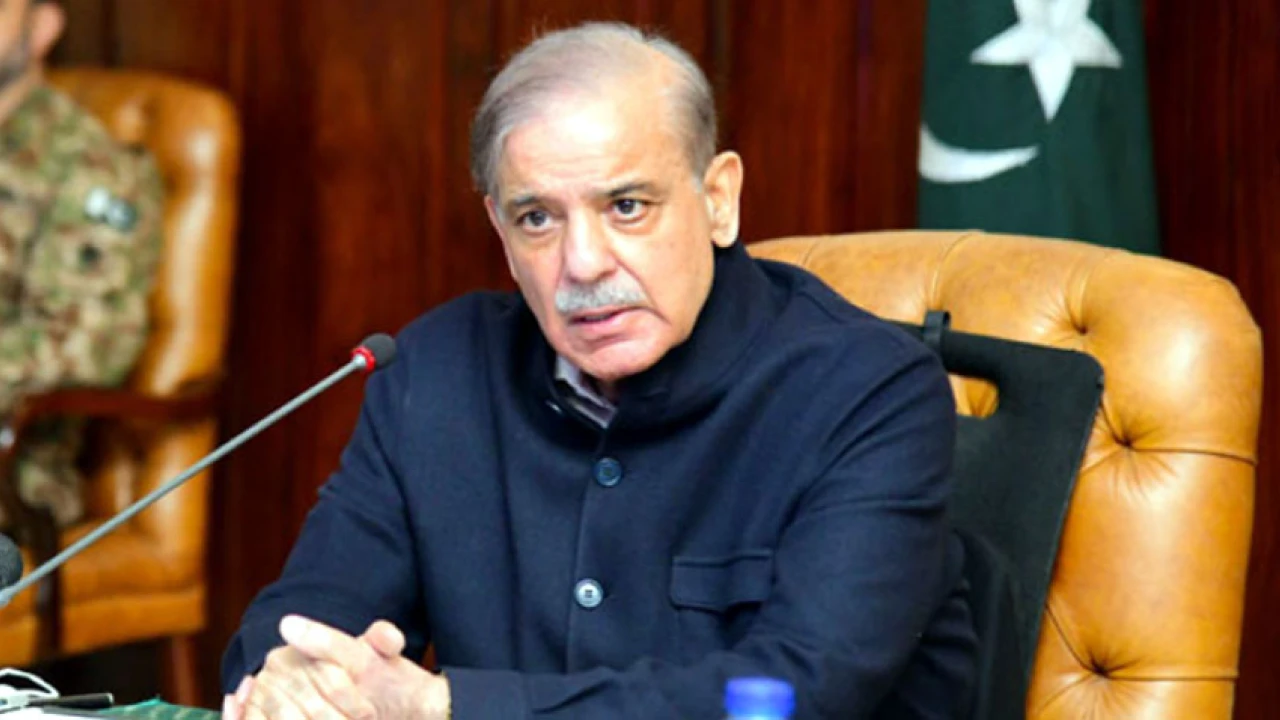Pakistan PWD
Prime Minister Shehbaz Sharif made a decisive move on Monday, ordering the immediate shutdown of the Pakistan Public Works Department (Pak PWD) citing prolonged inefficiency and corruption.
Established in 1854 during British rule and later renamed after Independence, Pak PWD had a rich history of infrastructure development across the Indo-Pak Sub-continent. However, in recent years, it struggled to meet its objectives, leading to the Prime Minister’s call for its dissolution.
During a meeting focused on reducing government expenditures and restructuring infrastructure, Prime Minister Shehbaz emphasized the need for an alternative mechanism to handle development projects previously overseen by Pak PWD.
The decision came with a strong ministerial presence, including Deputy Prime Minister Ishaq Dar, Planning Minister Ahsan Iqbal, Finance Minister Muhammad Aurangzeb, and others. Discussions revolved around a committee’s report recommending the abolition and merger of certain government entities to cut costs.
Pak PWD’s responsibilities were extensive, covering federal government building and infrastructure works across Pakistan, except those financed from the defense budget. It managed federal government lands, maintained government buildings, and provided technical advice on engineering matters.
Despite its significance, Pak PWD faced criticism for inefficiency and corruption, prompting the Prime Minister’s action to dismantle it. The move aims to streamline government operations and improve efficiency in infrastructure development.
With the dissolution of Pak PWD, attention now turns to implementing alternative mechanisms for managing development projects and government assets. The decision underscores the government’s commitment to reform and accountability in public administration.
The meeting also highlighted broader efforts to reduce government expenditures, with the Prime Minister directing the committee to finalize recommendations for further streamlining government entities.
In essence, Prime Minister Shehbaz’s directive marks a significant step towards enhancing governance effectiveness and combating corruption in Pakistan’s public sector infrastructure development.
I am a dynamic professional, specializing in Peace and Conflict Studies, Conflict Management and Resolution, and International Relations. My expertise is particularly focused on South Asian Conflicts and the intricacies of the Indian Ocean and Asia Pacific Politics. With my skills as a Content Writer, I serve as a bridge between academia and the public, translating complex global issues into accessible narratives. My passion for fostering understanding and cooperation on the national and international stage drives me to make meaningful contributions to peace and global discourse.










